© 2024 City Mall Singapore. All Right Reserved.
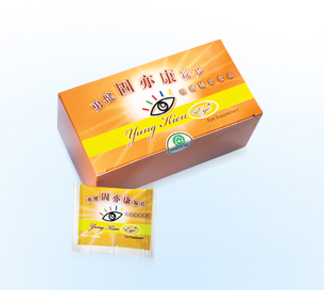
Yung Kien Eye Plus
Content: 20 Packets/Box
Main Ingredients of Yung Kien Eye Plus include:
● Lutein
● Zeaxanthin
● Blackcurrant Extract
● Bilberry Extract
● Natural Astaxanthin Extract
● Wolfberry Extract
Functions:
● Lutein and Zeaxanthin: Derivatives of carotenoid extracted from Flora Glo Lutein. Which is one of the more than 700 chemical compounds found in carotenoid. A clinical research has shown that Lutein and Zeaxanthin are indispensable needed by the retina and lenses.
● Blackcurrant Extract: Offers up to 4 types of natural Polyphenols, antioxidants and an excellent source of nutrients needed essentially for good eyesight.
● Natural Astaxanthin Extract: Derived from deepsea silicate algae, it has been found from extensive research to be antioxidant. And also 1,000 times more effective than Vitamin E, thus is extremely helpful in improving conditions of working adults and students who have to focus on computer screens and whiteboards for long hours.
● Bilberry Extract: With more than 15 types of Anthocyanins, it’s 50 times more effective than
Vitamin E as an antioxidant, thus is a medicine to protect your eyes.
● Wolfberry Extract: A concentrated extract from traditional Chinese herb Woldberry, it offers a rich supply of Zeaxanthin, Betaine, Vitamin B1 and B2, nicotinic acid, iron, etc. According to the earliest extant monograph on material medicine in China, known as the Shen Nong’s
Herbal Classic, Wolfberry is notable in “nourishing the kidneys, moistening the lungs and enhancing the acuity of vision”. Which explains why it contributes in no small way to improving our eyesight.
● Lingzhi: Incorporated for its efficiency in “improving eyesight, calming nerves, invigorating qi, reinforcing the liver and enhancing mental faculty”, as recorded in various ancient herbal books.
● Other antioxidant nutrients include: Beta Carotene, Vitamin A, Vitamin C, Vitamin E, Vitamin B1, Vitamin B2, Vitamin B6, Niacin, Zinc and Selenium.
Description
Will the consumption of Yung Kien Eye Plus cause any vertigo reaction? If so, what kind is to be expected?
A: It differs from person to person and depends on each individual’s health. Some could be more prone to it than others to experience improvement which include drowsiness, increase in eye discharge (more than usual), the eyes could become drier and itchy while accompanied with blurry vision. All these side effects are normal as it will eventually go away after a consistent consumption.
After taking Yung Kien Eye Plus, there is a lot more discharge from my eyes than usual, is that normal?
A: That’s perfectly normal. Extensive clinical experiments have discovered that the Lutein content in Yung Kien Eye Plus will initially cause an increase in discharge from the eyes in some while others might feel that their eyes feel more ‘turgid’. These symptoms will disappear after a brief period of consumption.
How many boxes of Yung Kien Eye Plus should I consume before getting intended results?
A: Depending on each individual’s health and physical composition, the period may differ. Generally,
any marked improvement could be observed after a few days to weeks of consistent consumption.
For those without any visual problems, is consuming Yung Kien Eye Plus necessary?
A: Prevention before anything happens is much better than a cure. Yung Kien Eye is also a way to care for your eyes, it offers a rich blend of eye-care nutrients which is equally ideal for those with good eyesight since its purpose is to prevent eye diseases.
Which age group is ideal for Yung Kien Eye Plus?
A: As an essential health food, Yung Kien Eye is suitable for consumption by all ages including
children, expecting mothers, vegetarians and even diabetics. It’s especially beneficial for individuals
who:
- habitually indulge in reading or are exposed to TV, computer or phone screens for long hours;
- have to spend hours working in front of a computer;
- sit long hours in the office or students preparing for exams;
- have to work for long hours outdoors;
- has a job that requires driving or straining their eyes for long hours;
- loves eating confectionery, desserts, fried and oily food or meats but little to no fruits and vegetables in their
- wants to keep their retina healthy from the importance of replenishing eye-care
- have undergone an eye surgery and have been wearing contact lenses for a long
Given that the recommended consumption is 3 tablets per day, will it be more beneficial if I take more?
A: The recommended amount for health-care benefits is 3 tablets a day however, a much higher amount is needed for those suffering for eye diseases (for example, Pseudo Nearsightedness or Accommodating Myopia, High Myopic, Retinal Detachment, Glaucoma, Cataract, Diabetic Retinal Degeneration, General Discomfort in the eyes, age-related macular degeneration, Pigmentary Degeneration of the retina, etc.)
This certainly ensures adequate replenishment for eye-care nutrients to help enhance antioxidant functions of the eyes which prevents further damage. Those suffering from Myopia (shortsightedness) or Astigmatism (a condition where the light rays can’t focus properly on the retina) are advised to seek help from an optician to have their vision corrected with lenses.
In the absence of timely care, nearsightedness will inevitably deteriorate into a serious condition of Myopia (>600 degrees) thus will eventually bring about complications and burden the eyes enormously with advancement of age.
Such complications include Glaucoma, Contract, Macular Degeneration, Retinal Detachment, etc. Regular complications could also include Glaucoma, Cataract, Macular Degeneration, Retinal Detachment, etc. Regular intake of Yung Kien Eye Plus can contribute to replenishing the eyes with sufficient eye-care nutrients to cure premature degenerative eye diseases.
What kind of eye diseases or conditions is it helpful for?
A: It’s beneficial for Pseudo Nearsightedness, Glaucoma, Cataract, Diabetic Retina Degeneration, early symptoms of retinal degeneration, serious condition of nearsightedness, retinal detachment, general discomforts in the eyes, after-effects of eye surgery, age-related macular degeneration and pigmentary degeneration of the retina.




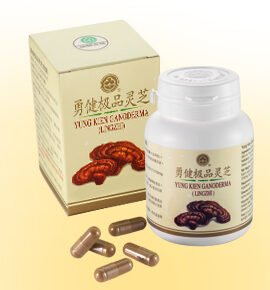

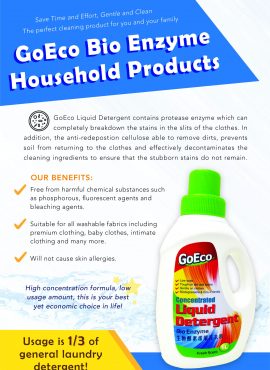
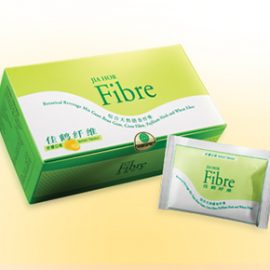

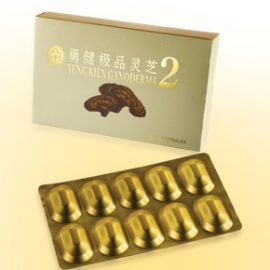
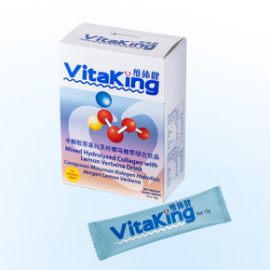
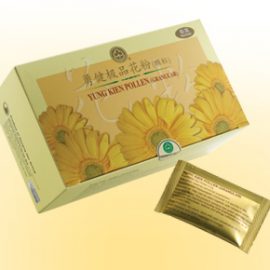
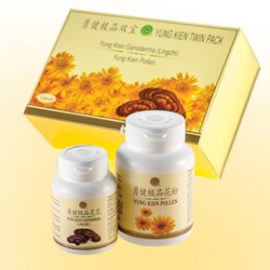
Reviews
There are no reviews yet.